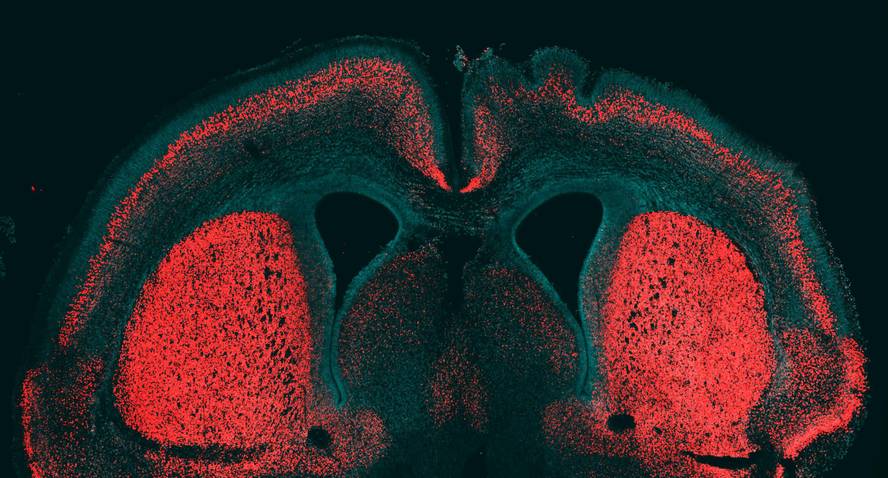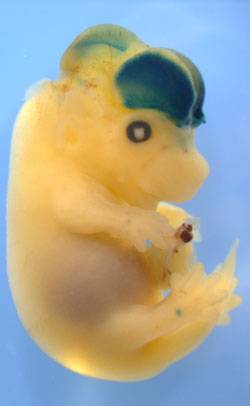Genetic Keys to the Increase of the Human Brain

Two different studies have identified a gene and gene regulator that can be the key to making the human brain greater than the rest of primates and mammals. Both act on neoortex.
Neocortex deals, among other things, with consciousness, reasoning and language; the expansion of this part of the brain is one of the most important changes that occurred in the evolution of human beings and hominias. Well, this change can be related to a human gene, according to a work published today in Science Express by a group of German researchers.
Among the different genes expressed in human neocortex, it has been analyzed first of all which are not present in the mouse. A total of 54 genes were found: ARHGAP11B. Neanderthals and denisoveses also have it. According to the researchers, it was formed after separating the hominids from the chimpanzees line, with the partial dubbing of another gene. The influence of the gene on neoortex was reflected in the mouse brains that were developing and caused the proliferation of neoortex cells, which caused a notable increase in neoortex.

On the other hand, researchers from Duke University (USA) They have found that a gene regulator has a similar effect on the human brain, as published recently in the journal Current Biology. Gene regulators are small sequences of DNA that regulate the activity of the genes. They looked for regulators in humans and chimpanzees that express themselves during the development of the brain, paying attention to those who present greater differences between both species. And they have seen that in the case of the gene regulator, known as HARE5, the human variety causes more neurons to be generated in the neocortex.
Experiments with mouse embryos have shown that the human HARE5 regulator is activated faster in development than that of chimpanzees, and is still more active in the future. The brains of the mouse embryos that grew with the human regulator increased by 12%, specifically the neocortex.





